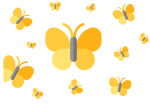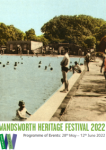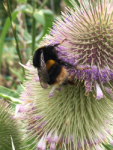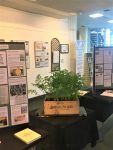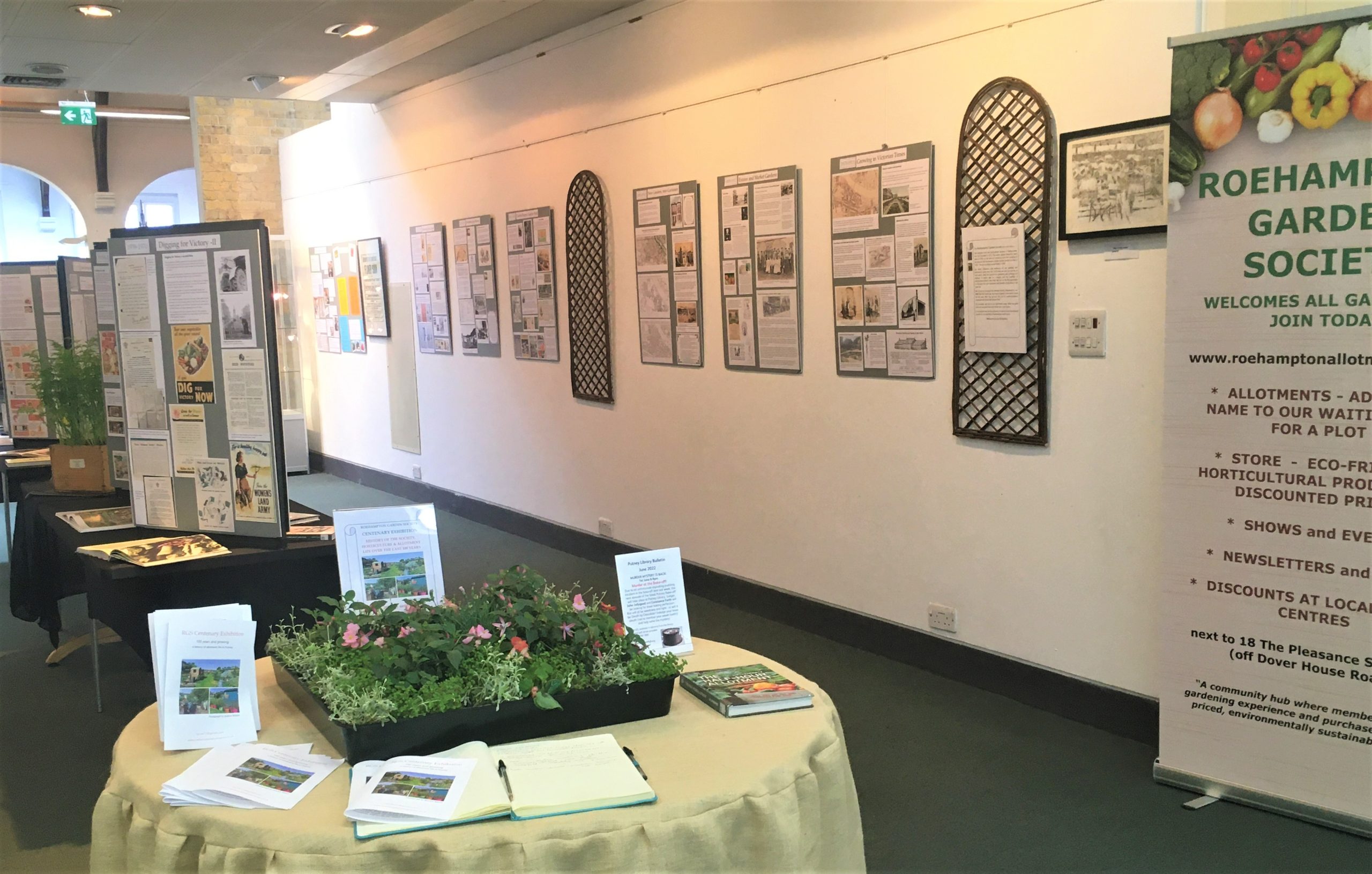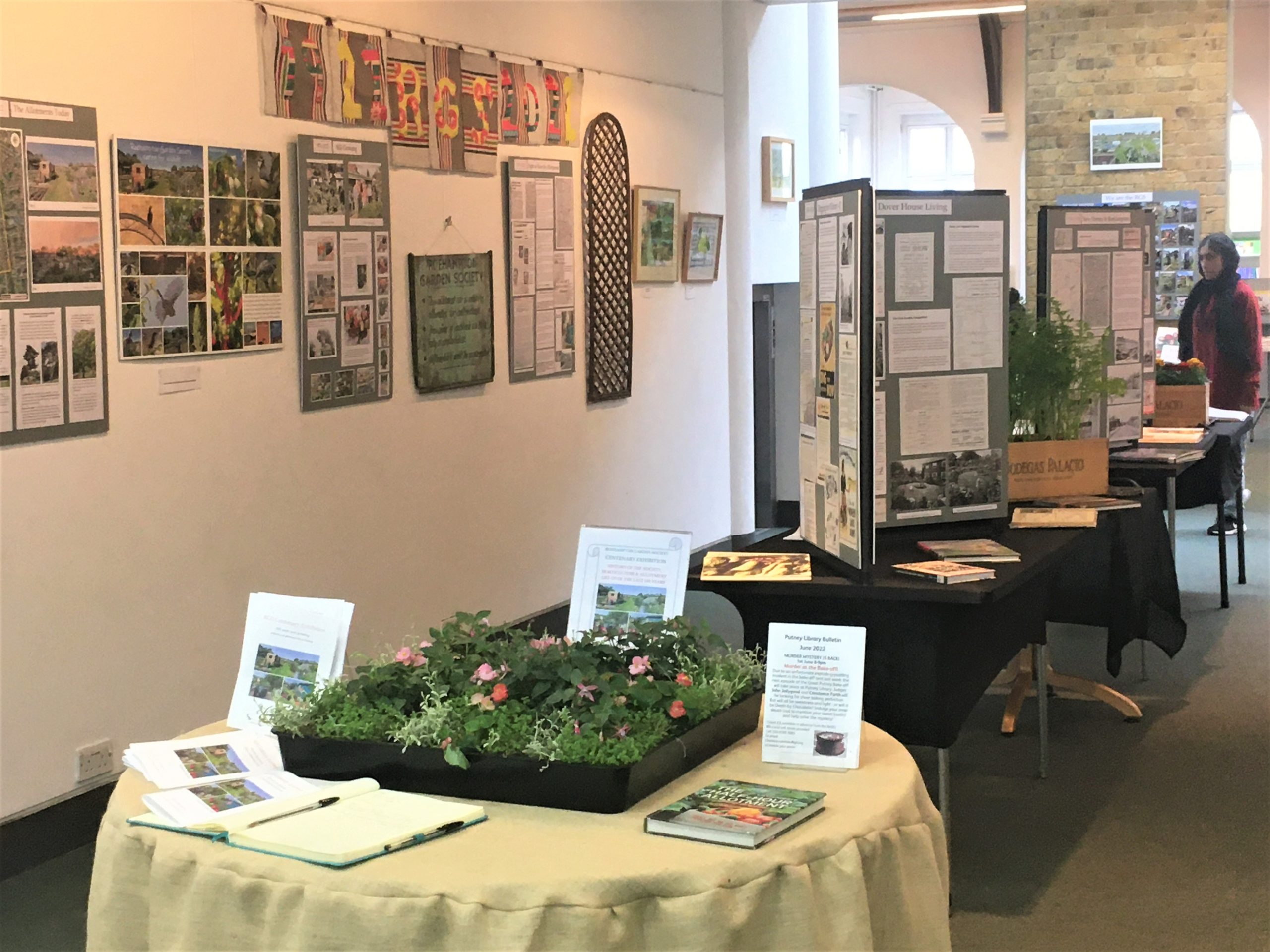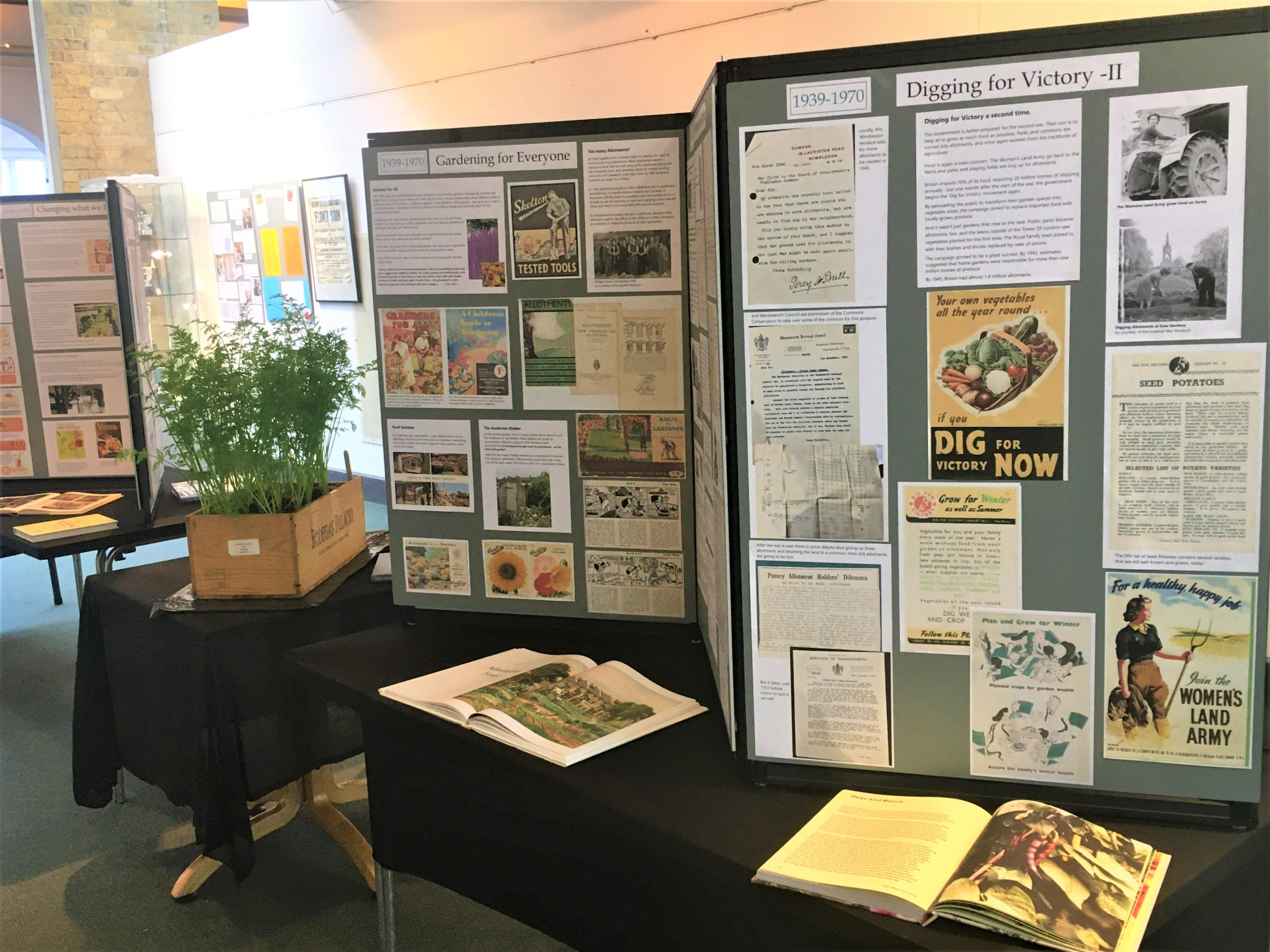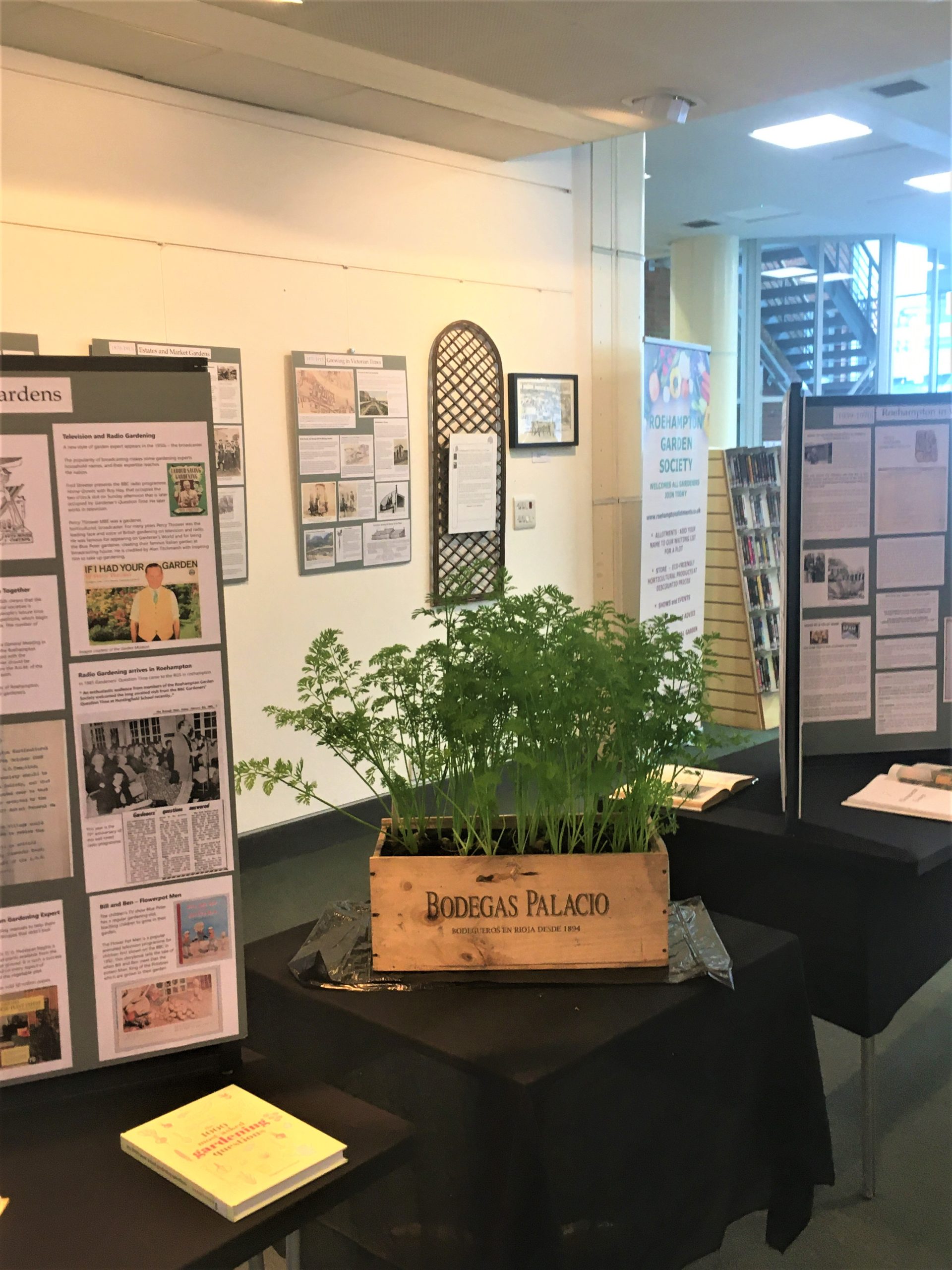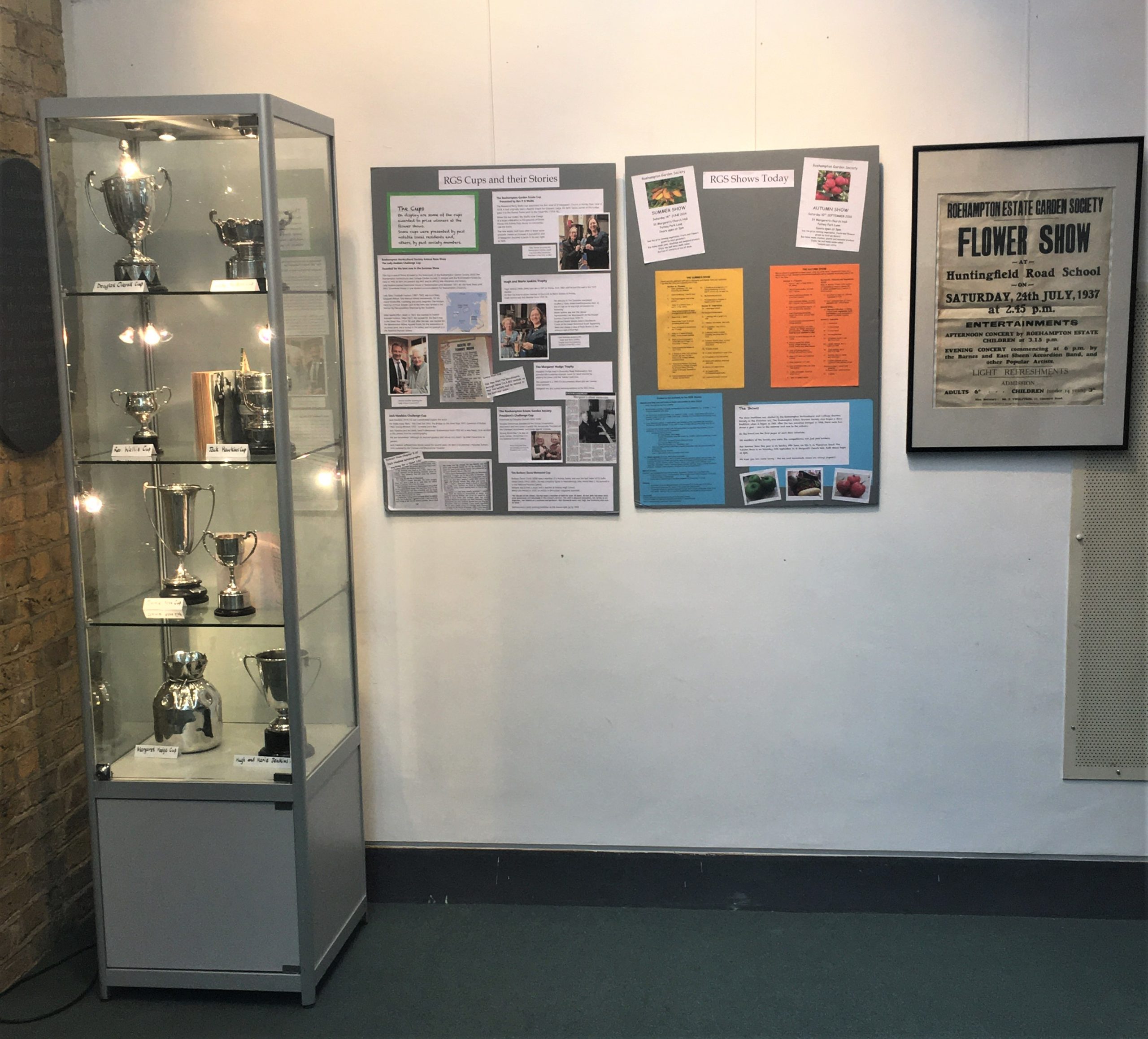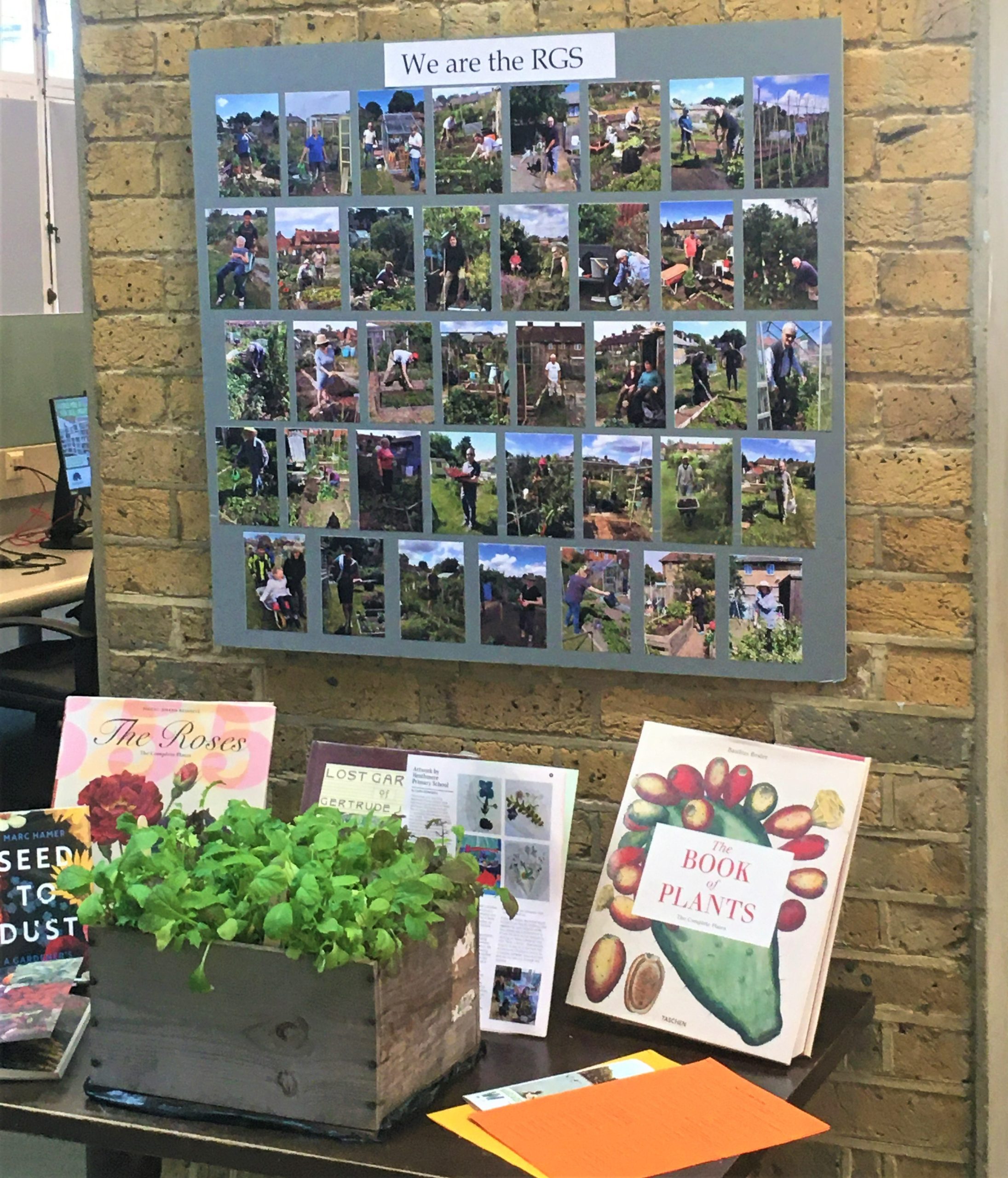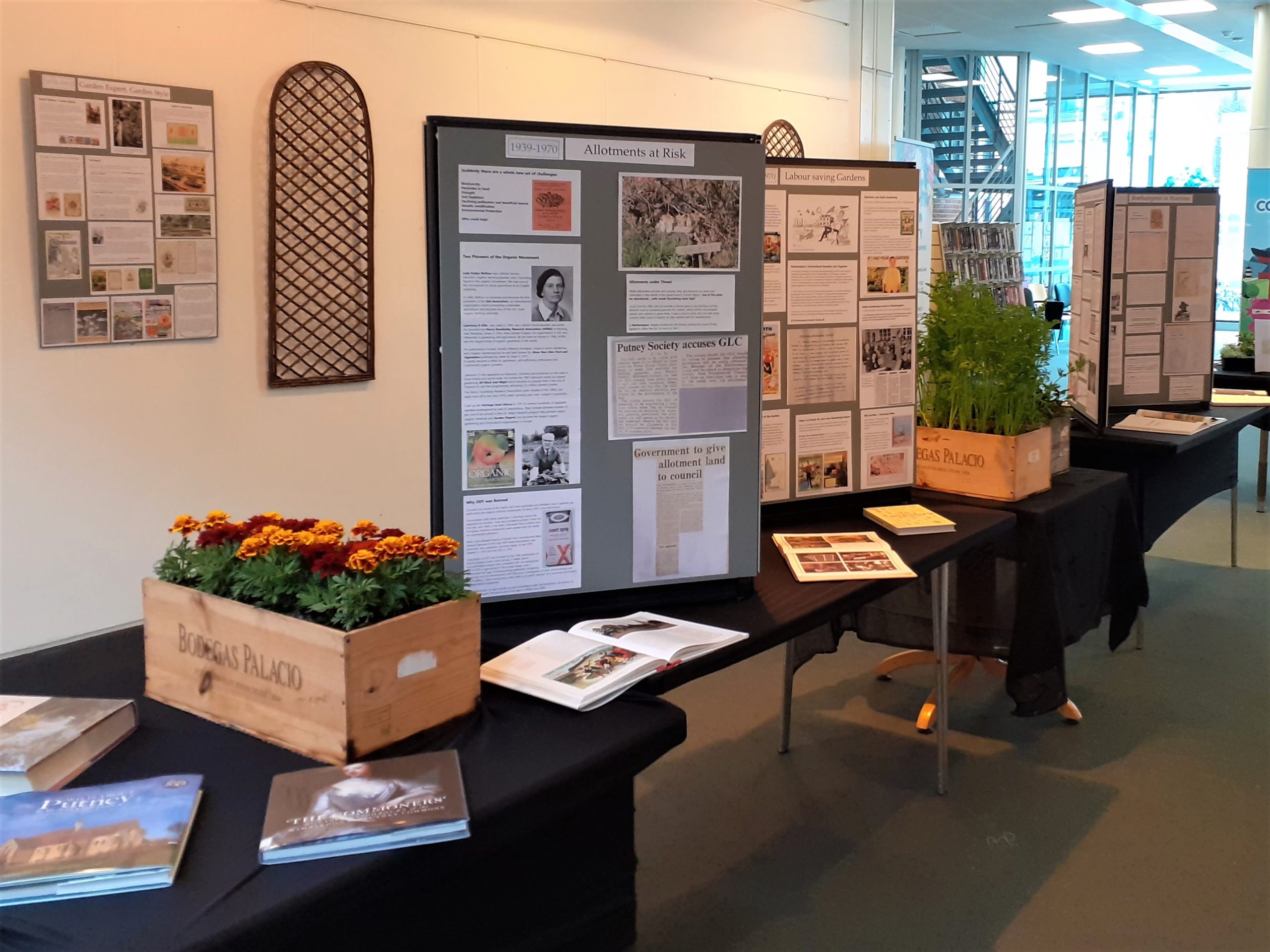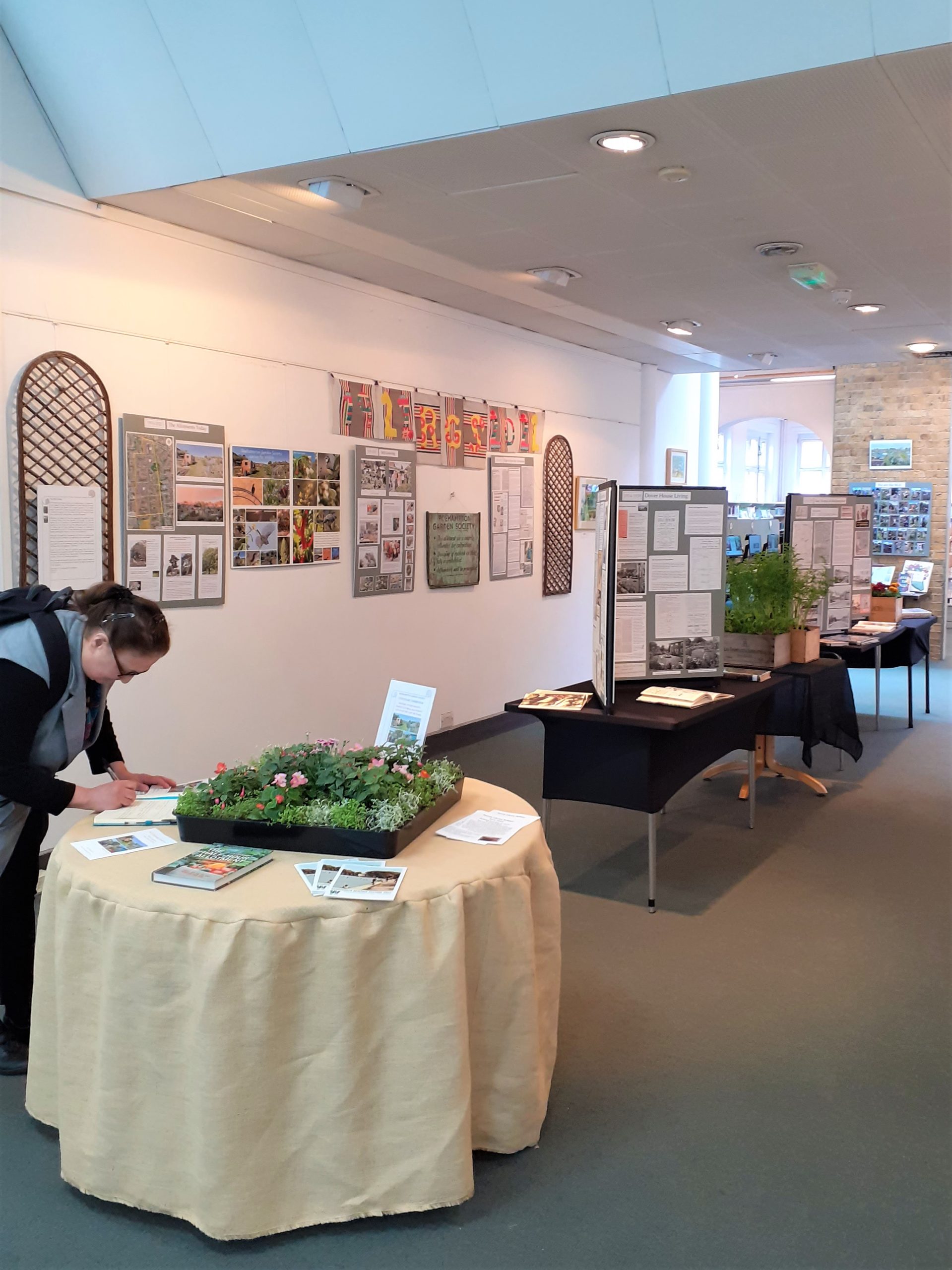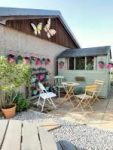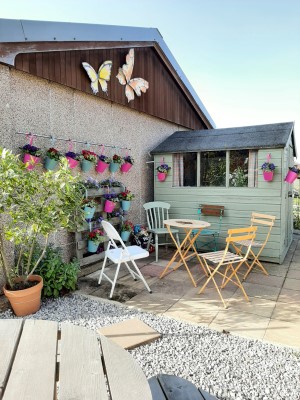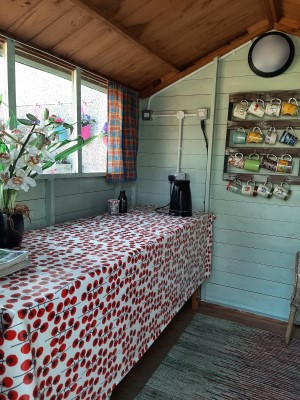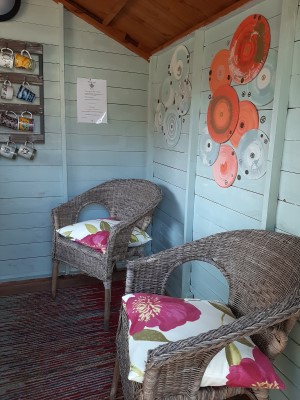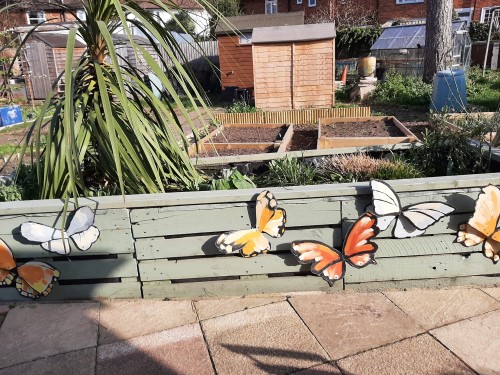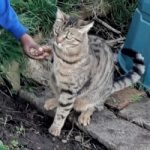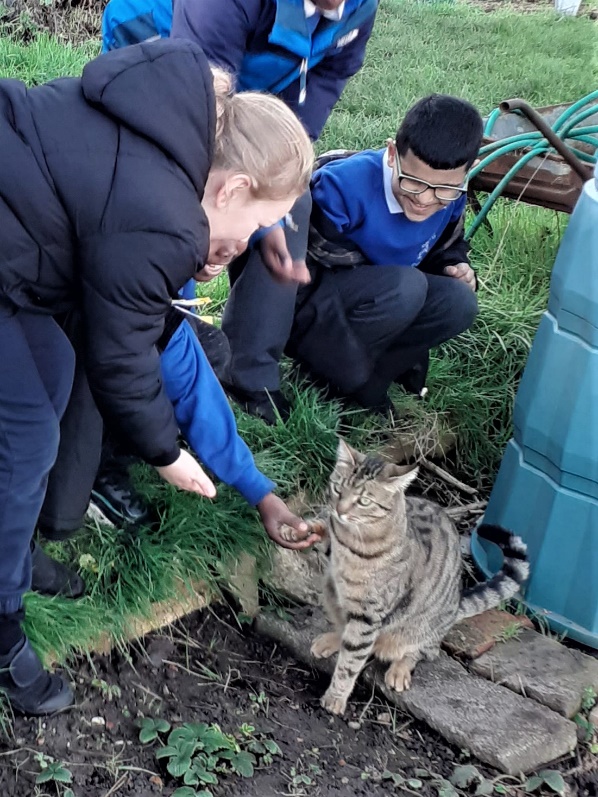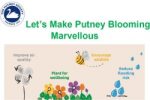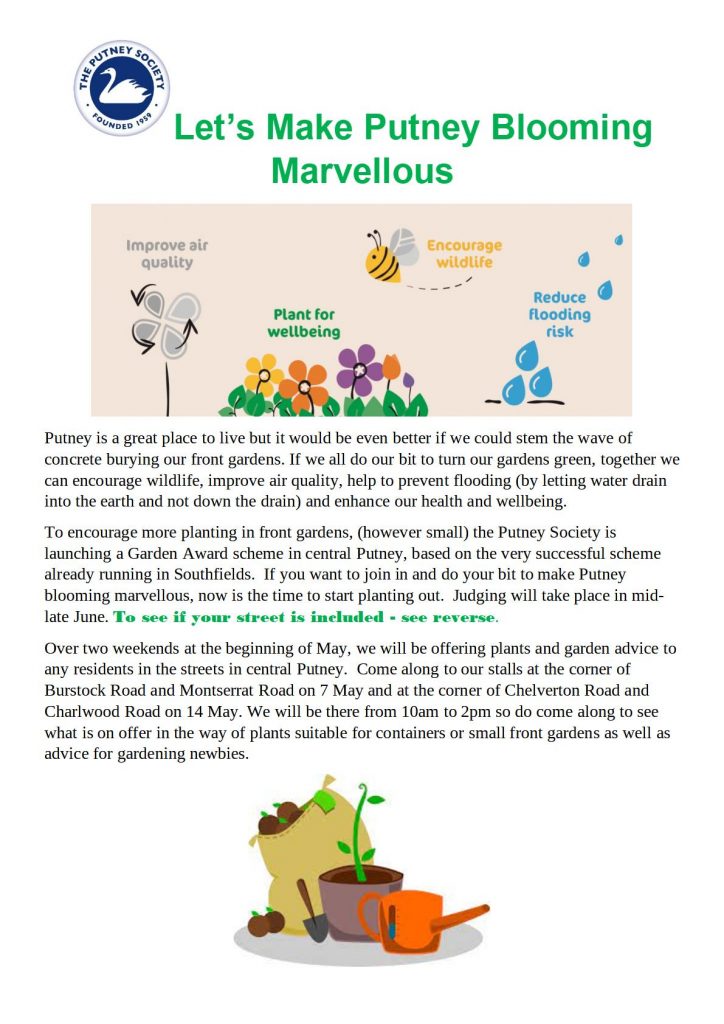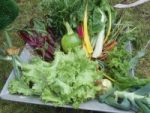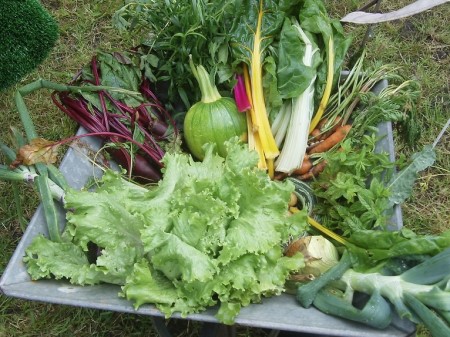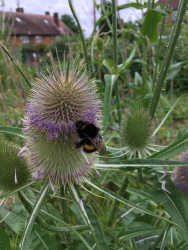The Heritage Festival is half way through – but with many interesting events remain to join in.
Below are one or two that may be of interest.
The whole programme is available here and if online events are of interest, they can be found here
Walks, talks and exhibitions next week:
Walk: Crossing the River – a Putney and Fulham Heritage Walk
Organised by Chris Van Hayden Tourist Guide
In this fascinating walk Blue Badge Tour Guide Chris Van Hayden will share the rich history of these two villages. The tour’s main themes are rowing, the English Civil Wars, Mary
Wollstonecraft, sewers, the two churches, the Abolition of Slavery, and the Bishops’ palace.
• Wednesday 8th June, 1pm
• £10
• Meet on the corner of Festing Road/Putney Embankment SW15 1LB
• Booking required – contact bluebadgeguide@chrisvanhaydentours.uk
Walk: Industrial Heritage of the River Wandle
Organised by the Wandle Industrial Museum
John Sheridan will lead this walk along the River Wandle from Earlsfield to the Thames.
Similar to his walk last year (a virtual version of which is on the Wandle Industrial Museum YouTube channel), but containing new material reflecting this year’s theme.
• Wednesday 8th June, 2pm
• FREE
• Meet at Earlsfield Station entrance, Garratt Lane SW18 3DL
• Booking required – contact john.sheridan08@gmail.com
Talk: Wandsworth’s Lost Fishing Village
Organised by the Wandsworth Historical Society
From the seventeenth century to the nineteenth, an area dominated by fishermen and
watermen flourished near Wandsworth Bridge. Dorian Gerhold tells the story of this
remarkable settlement and the families who lived and worked there.
• Wednesday 8th June, 6.30pm
• FREE
• Wandsworth Town Library, 11 Garratt Lane SW18 4AQ
• Booking advised – contact Wandsworth Town Library on 020 8877 1742
Talk: Stories from the post mortem casebooks of St George’s Hospital, 1841-1946
Organised by Archives and Special Collections, St George’s Hospital
Archivist Dr Juulia Ahvensalmi and Curator of the Museum of Human Diseases Dr Carol
Shiels delve into the historical post mortem casebooks of St George’s Hospital with stories about the patients and diseases in the casebooks, from smallpox to murder cases.
• Thursday 9th June, 1pm
• FREE
• Library, St George’s, University of London, Cranmer Terrace SW17 0RE
• Book via Eventbrite: sgul-pm.eventbrite.co.uk
Talk: A Brief History of Rowing in Putney
Organised jointly by the Putney Society and the Wandsworth Society
Local historian Philip Evison charts the development of rowing in Putney and the people and events which became part of its history along the way.
• Thursday 9th June, 8pm
• FREE
• West Side Church Hall, corner of Melody Road/Allfarthing Lane SW18 2QQ
• Booking not required, but any queries can be sent to jennyafmassey@aol.com
Exhibition: Wandsworth Prison Museum open weekend
Organised by the Wandsworth Prison Museum
The prison history in over 450 photos and objects. Stories of staff, prisoners, escapes, and hangings. Featuring Oscar Wilde, acid bath murderer John Haigh, traitor William Joyce
(Lord Haw Haw), and great train robber Ronnie Biggs.
• Saturday 11th June and Sunday 12th June, 10am-1pm and 2pm-5pm
• FREE
• Wandsworth Prison Museum, North Gate Car Park, Heathfield Road SW18 3HR
• Booking not required


